Masked, but not silenced
A Kenyan response to the COVID-19 crisis
In Kenya, more than 80% of the working population are engaged in informal employment, and it is the livelihoods of these informal labourers that are devastated by COVID-19 related Public Health measures. Informal labourers face the impossible choice of staying home as advised by government, or going out in search of work, in order to feed their families.
In response to the pandemic, the Kenyan government has now gazetted regulations which include hefty fines and/or imprisonment for disregarding its directives. Short of a total lock-down across the nation, directives include the following:
“Users of public or private transport and public transport operators shall wear a proper mask that must cover the person’s mouth and nose and also maintain a physical distance of not less than one metre.” (Kenya Gazette Supplement No. 41, signed by Health Cabinet Secretary Mutahi Kagwe)
In response to this government directive, AE Kenya’s Mathare Women’s Project has resolved to make 5,000 reusable cloth facemasks for distribution in the community. The Project has identified skilled dressmakers, previously trained by the Mathare Women’s Project, who will manufacture the masks, and has sourced appropriate fabrics (with high filtration scores and good breathability) from a local supplier.
2,000 of these masks will be sold, providing a source of income to the dressmakers. The remaining 3,000 masks will be distributed to local community members who, due to the nature of their work, are unable to stay at home.
Recipients of the masks include police officers, security agents, small scale traders in informal settlements, commercial motorcycle riders (“bodaboda”) and public service vehicle drivers. The distribution is to be co-ordinated by the staff of AE’s Soweto Kayole Clinic, and will be in keeping with government regulations. Importantly, the mask distribution will involve education regarding COVID-19 and its prevention, and will place due emphasis on the principles of hand hygiene and social distancing. In the face of Kenya’s pandemic, AE will continue to reach out to communities with the love of Jesus, in both Word and Deed, knowing that no mask can silence the Gospel and its eternal hope for this nation.
AE South Africa Covid Response
As of the 15th of April 2020, South Africa had 2,415 confirmed coronavirus cases, the highest number in Africa. Although the novel coronavirus pandemic has not yet caused widespread devastation in South Africa, there is serious concern about the country’s ability to cope with its anticipated health and economic consequences. South Africa’s president, Cyril Ramaphosa, has been praised for his swift and decisive management of the pandemic, by announcing a 3-week total lock-down, which has subsequently been extended for a total of 5 weeks.
The economic implications of the pandemic, and measures to curb its spread, are dire for the 55% of South Africa’s population that live below its national poverty line, and in particular, for the 25% that already experience food poverty.
However, despite their economic impact, strict lock-down measures have been deemed essential. Large and crowded informal settlements are prone to the rampant spread of infection. South Africa has more people living with HIV than any other country in the world, which together with high rates of tuberculosis and other diseases, place people at risk for severe COVID-19 illness. In addition, South Africa’s over-burdened, and often failing, public health system is expected to be overwhelmed with the demands of this crisis.
African Enterprise South Africa is grateful for your prayers and ongoing support during this difficult time. In its initial response to this crisis, AE supplied and delivered 180 food hampers to vulnerable families in the Pietermaritzburg area. The hampers consisted of staple foods, as well as essential hygiene items, to sustain each family for a duration of 3 weeks.
In addition, homemade facemasks have been distributed in the community, in keeping with the current CDC guidelines, as well as recommendations from the South African government. AE has been able to distribute facemasks, together with Gospel tracts, thanks to the tireless efforts of AE South Africa’s Chair, Rob Langley, and his wife Bridget, who have made and donated these. The staff of AE’s Ngezandla Zethu sewing project, facilitated by Ntombi Dladla, have also sewed facemasks for distribution in the area. May we also seek to help our brothers and sisters stand firm in faith and fight this pandemic in South Africa.
For more information and up to date news from Africa, please visit our facebook post for South Africa here
Rwanda: Shadows, Past and Future.
As of the 1st of April 2020, Rwanda has 70 confirmed cases of COVID-19. The number of these cases would be likely to increase exponentially, as has occurred in so many countries across the globe. While the health systems and economies of 1st world countries are struggling to cope with the COVID-19 crisis, a low income country like Rwanda is far more vulnerable.
Despite its continued status as a low income country, Rwanda has achieved remarkable progress. From dire economic circumstances in the early 1990s, followed by the devastation of the 1994 genocide, Rwanda has made huge strides in terms of its development. One measure that demonstrates this, is a massive improvement in average life expectancy. In 1990, a person born in Rwanda could expect to live an average of 33 years, whereas a person born in Rwanda today could expect to live, on average, for 69 years (UNDP). These phenomenal improvements in Rwanda’s health system have been based on the efficient use of very limited resources. The government, in partnership with foreign donors, has focused on fixing the broken primary healthcare system, with impressive results. (Primary healthcare focuses on basic measures, such as child nutrition and immunisations.)
However, Rwanda’s capacity to absorb a shock like that caused by COVID-19, is very limited. There are a total of 39 adult ICU beds in Rwanda, for a population of nearly 13 million people. By way of comparison, Australia currently has over 2200 ICU beds, and the means to upscale these beds if required. In addition, Rwanda has a much higher burden of other diseases, like HIV, that could influence the severity of its coronavirus pandemic. In the face of a looming public health disaster, Rwanda’s government has had no choice but to act early and impose a nation-wide lockdown, for an initial period of two weeks.
Sadly, for many in Rwanda, having to stay home means that their families’ basic needs will be not be met. Without daily work, there is no money for food, let alone luxuries like soap or hand sanitiser. In response to this, AEE Rwanda has identified 500 of the most vulnerable families in the Gasabo region, who desperately need support in terms of food and hygiene products during this time. AEE Rwanda appreciates your ongoing prayers and support, as we look to our Good Shepherd to “lead us THROUGH the valley of the shadow of death” and into hope again.
Let us not fail Africa.
As nations all over the world race to respond to COVID-19 to protect their own citizens, looking to other countries needs can seem too much. Africa inevitably will take a low priority for many.
Yet while physical borders close, the virus itself knows no race or creed. In an interconnected world what affects Africa will in turn affect the world.
The Director General of World Health Organization, Dr Tedros Adhanom, has pointed out that “History will judge us on how we respond to the poorest communities in their darkest hour.”
As Christians we have a far higher authority. The King of all history who knows and sees all has said “I tell you the truth, whatever you did for one of the least of these children of mine, you did for me…(but) whatever you did not do for one of the least of these, you did not do for me” (Matthew 26:40, 45).
Think of Zimbabwe.
Doctors and nurses are currently striking because their government has not provided adequate personal protective equipment.
Today is the fourth of a 21 day lockdown. Some poorer residents may live five to a room.
Residents of the capital, Harare, have complained that they are without potable water supplies – leaving them vulnerable to other diseases such as cholera.
Maize meal, the staple, is in extremely short supply, leading to queues of hundreds. There are reports of some retailers increasing the cost of staple foods by double or more.
Due to the crippling economic situation, the government coffers are near empty and unemployment of 90% has left the majority with no buffer of savings.
Currently, the 14 per cent of Zimbabweans living with HIV cannot access their medication.
Electricity supply is continuing to be disrupted for up to 17 hours a day.
Will you consider beginning a monthly pledge, no matter how small, at this critical time?
Please pray:
In repentance: Father God, we have too often sought our own comfort and ignored the cries of your poor. Please give us a heart to love you by loving your people, wherever they might be.
- For the nation of Zimbabwe whose people are without worldly hope.
- For AE staff in Zimbabwe – that their families may be provided for.
- For Christians in Zimbabwe now no longer able to fellowship in church – that no sheep would be lost.
- For gospel workers in Zimbabwe to know how to encourage and keep the flock.
What changed his “bad guy’s” heart?
Dear friend,
At 15 years old, Alexis Gezani (pictured 2nd from the right above) from Zimbabwe was not on the right path.
“I was a bad guy who took pleasure in bullying others,” Alexis remembers.
But something changed the path of Alexis’ life forever: a group of young men and women visited his school assembly and spoke about the love of God.
Alexis had never heard these things before, but they touched him deeply:
“I was brought up in a family that did not know Christ or ever talk about God. The message of Christ’s love for me, leading to the point of dying on the cross for my sake, was amazing. I was embarking on a new journey that I had never travelled before.”
There are so many other people across Africa – young and old – like Alexis, who need to be transformed and led to a new life by the love of Christ. And that’s why I’m writing to you today.
Mission 2020 is committed to reaching 1.6 million people this year, so that 100,000 people make personal commitments to follow Christ!
You can play a vital role today in reaching every single strata of society, so that every single life can be reached with the Gospel. 100,000 commitments means there’s 100,000 reasons to give.
The group that visited Alexis at school was the AE Zimbabwe Foxfires – a team of young evangelists trained and equipped to share the Gospel with teens and young adults.Three years after the day when Alexis committed his life to Christ, he himself became an AE Foxfire at the age of 18!
Today he travels the country as an evangelist, reaching more young people with the Good News of the Gospel – and he also has big plans for the future:
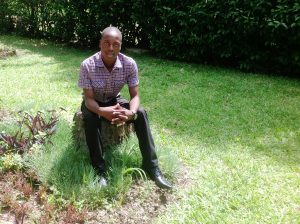 “I have made a choice to serve God as His full-time servant. Once I complete my one-year Foxfire contract, I want to enrol in a Bible college full-time to prepare to be a pastor.
“I have made a choice to serve God as His full-time servant. Once I complete my one-year Foxfire contract, I want to enrol in a Bible college full-time to prepare to be a pastor.
“It is my prayer that God by His grace will make it possible for me to be His servant. I look forward to going back to my people and preaching to them the Good News of Jesus Christ!”
Alexis now has such passion for God’s Word that he is constantly looking for more opportunities to pass the Gospel on to others.
With your gift today, you can help other young people like Alexis – and people of all generations and ages – discover the same passion and joy in following Jesus.
Your gift will provide training, resources and ongoing support to mission teams across Africa, including the Foxfires teams, as they preach God’s Word to everyone God puts in their path.
Through your support, Mission 2020 will take the Gospel to African cities, equipping mission teams full of evangelists who, like Alexis, are on fire for Jesus to reach every stratum of society.
From servants to CEOs, prisoners to politicians, infants to immigrants – God’s Good News is for all of Africa.
So please give generously today to help 100,000 more people like Alexis discover how wonderful and life-changing it is to follow Jesus!
God bless you and thank you for your prayerful consideration.
Ben Campbell
Chief Executive Officer
African Enterprise Australia


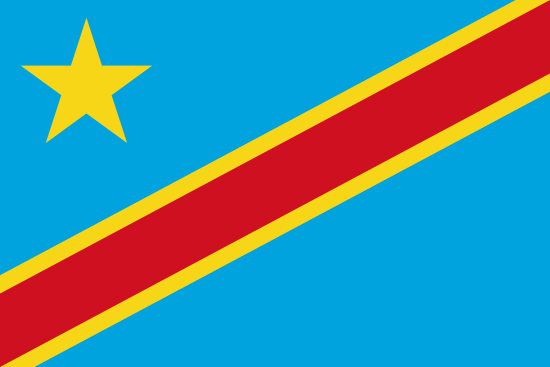
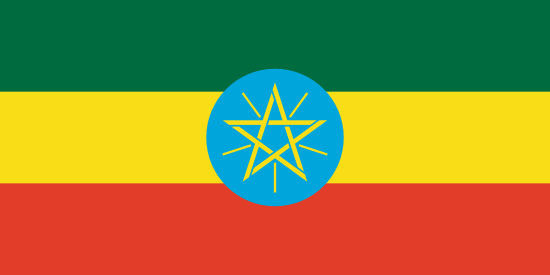
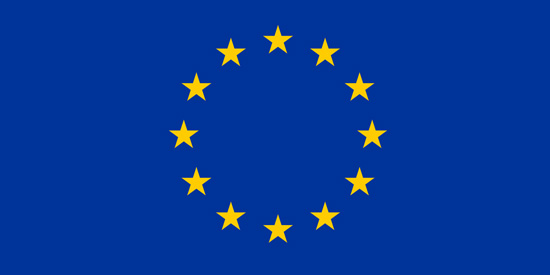
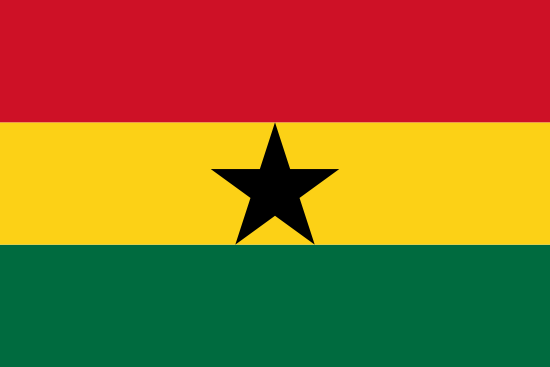

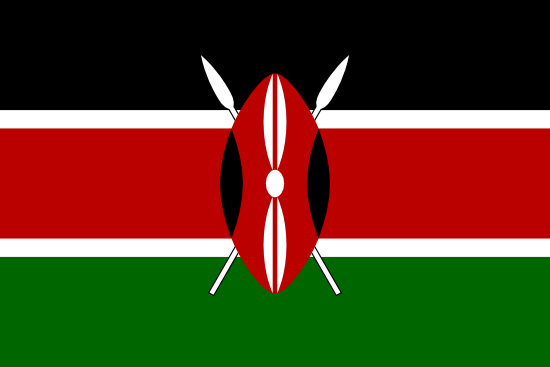
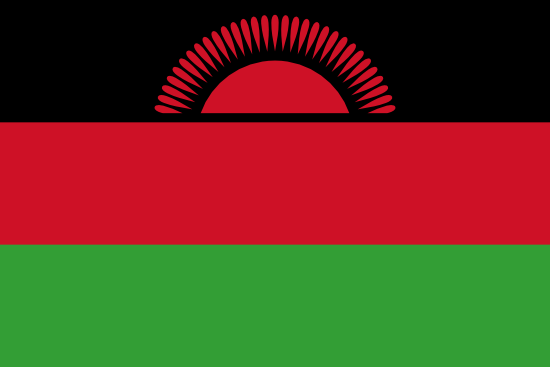
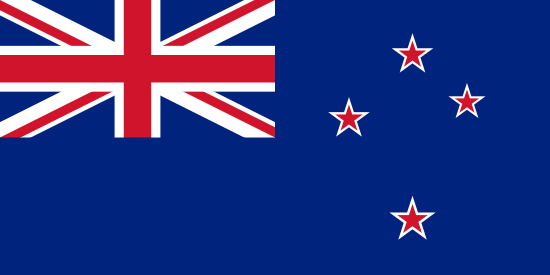
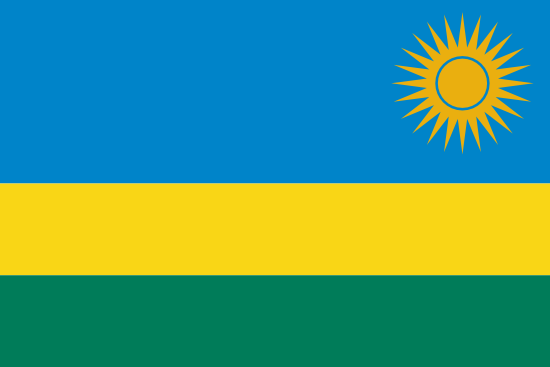
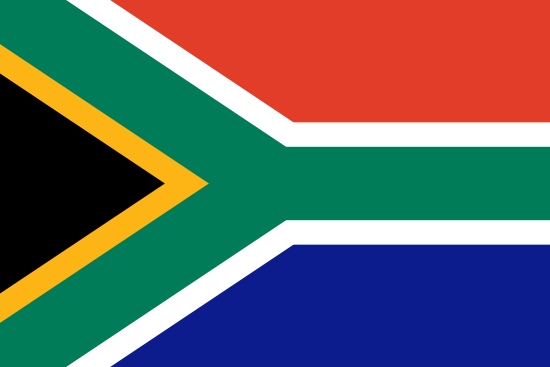
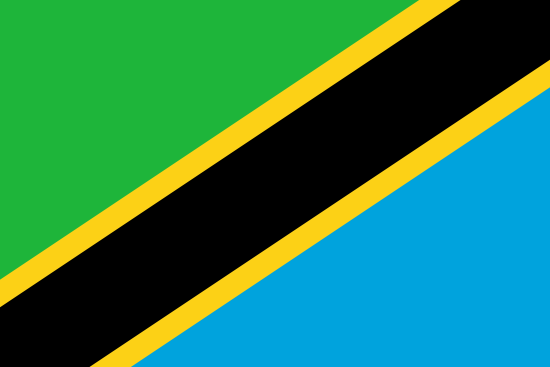
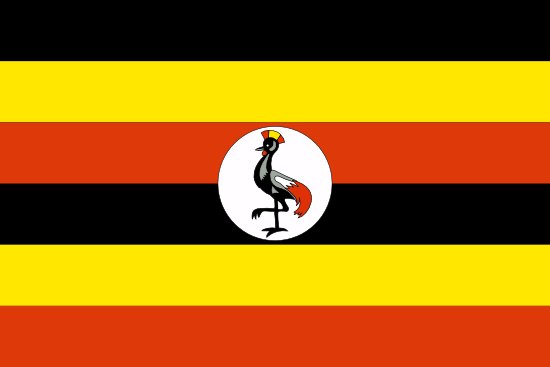
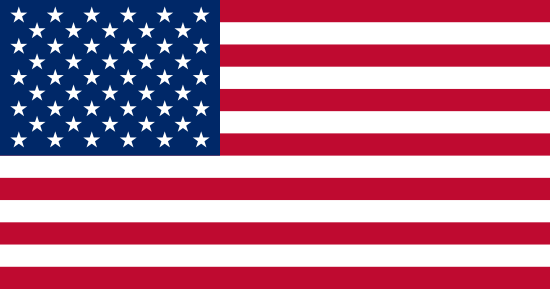
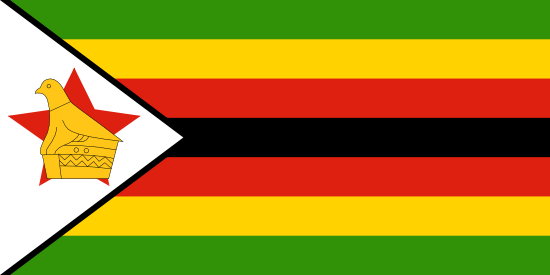

 “I have made a choice to serve God as His full-time servant. Once I complete my one-year Foxfire contract, I want to enrol in a Bible college full-time to prepare to be a pastor.
“I have made a choice to serve God as His full-time servant. Once I complete my one-year Foxfire contract, I want to enrol in a Bible college full-time to prepare to be a pastor.